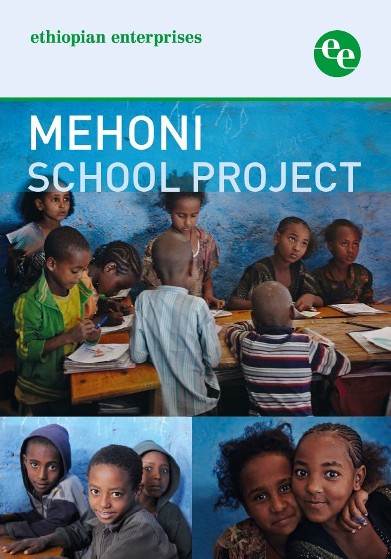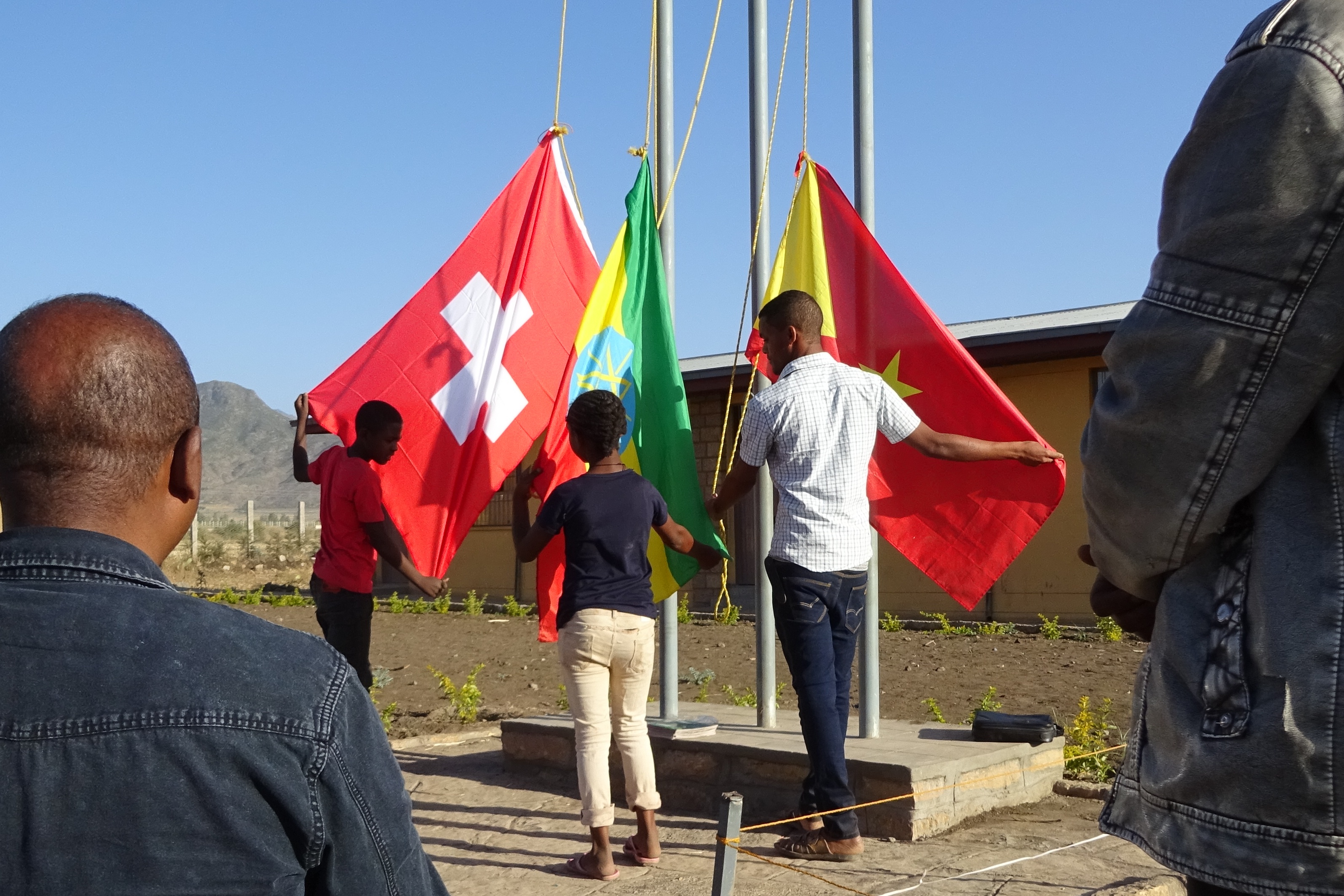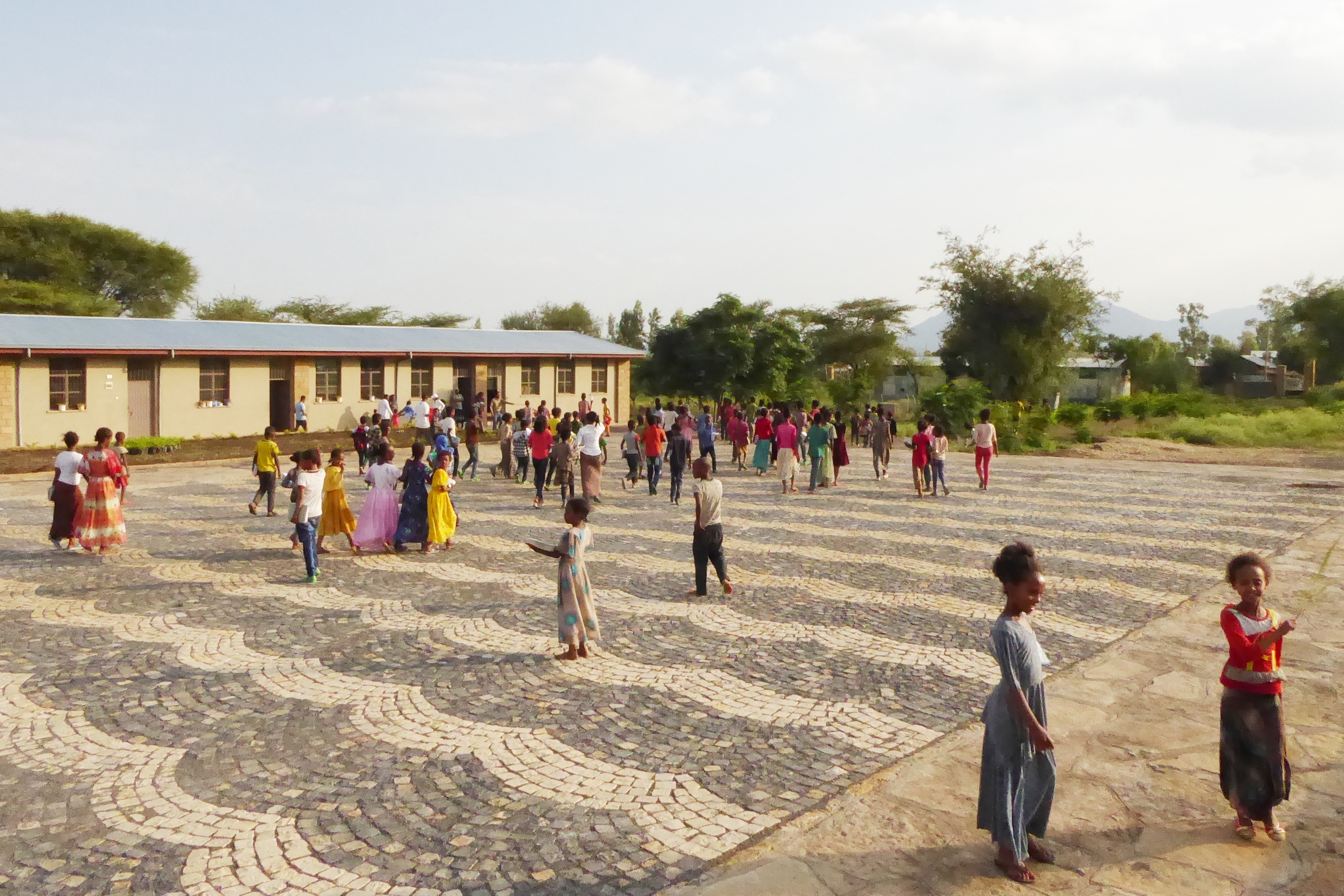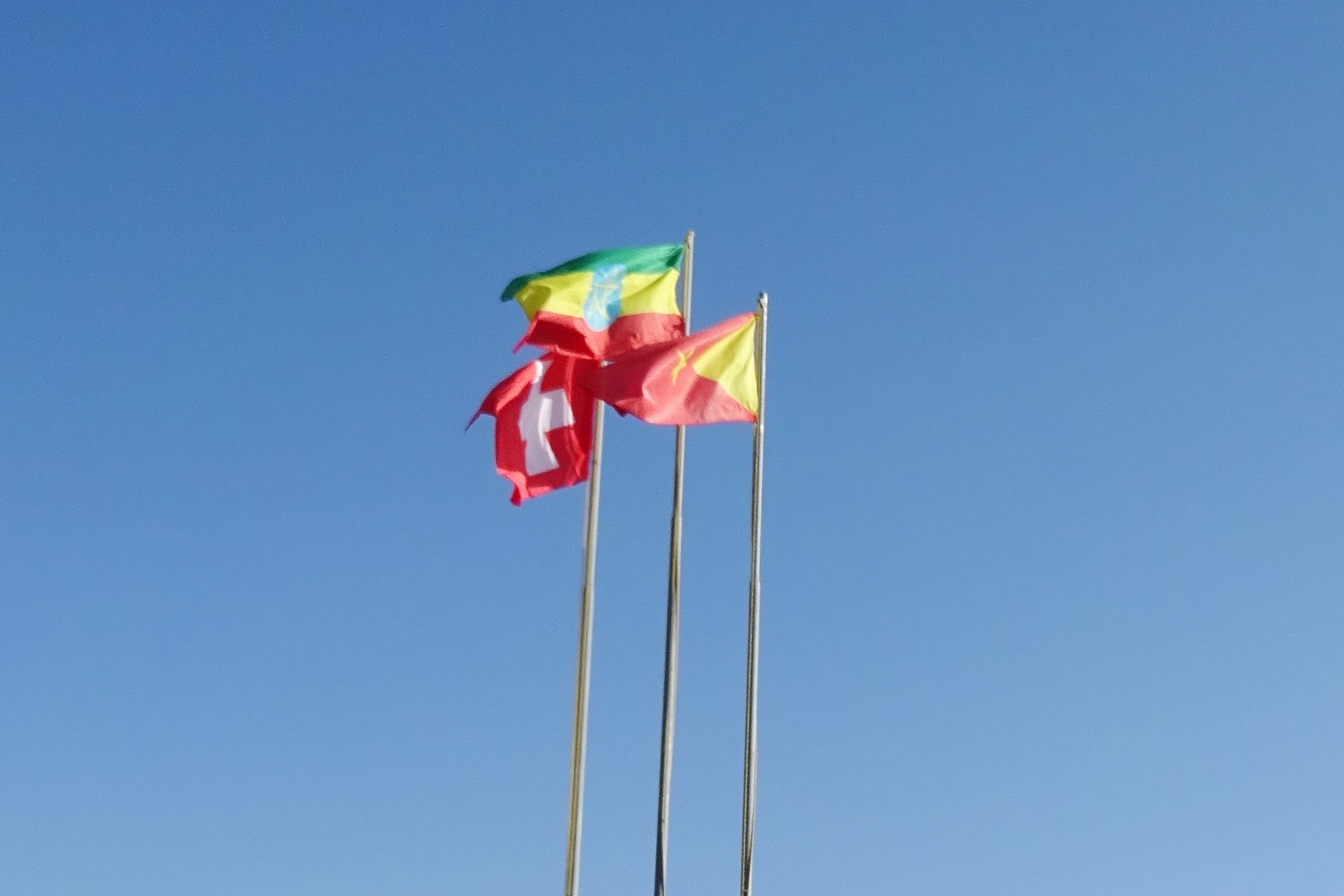Holiday training program in Mehoni
All public schools in Ethiopia work on a two-shift system. Students attend school either in the morning or the afternoon due to a lack of classrooms and teachers, and most public schools alternate students and shifts on a weekly basis. If a school is as fortunate as ours and has its own library, students can work in the library before or after their shift. However, most schools in the Raya region don’t have any books, let alone a library.
Given this situation, one of our concerns about running an all-day English training program for 166 8th-grade students during a holiday week was that they would get tired and cranky when attending school all day. But we needn’t have worried. When Lesley asked them on their second morning whether they had been tired the previous evening, faces lit up and they shouted ‘no’. One student even said she had hardly slept as she wanted to know what they would do the next day!
In a country where forward-planning is still largely just an idea, our responsibility was considerable. We had to create classroom teaching plans which would have the children speaking and hearing English all day but which would offer enough variety for them not to get bored. The creation of the teachers’ plans was a considerable task for Lesley but the time taken was worthwhile as all teachers learned from this.
The students were taught two grammar blocks a day, and one new vocabulary block. Beyond that, they had art classes, dancing classes, library reading classes, cleaning classes (maintenance at the school is still a core concern), and saw films – all in English. While we were unable to provide lunch for so many, in the mid-morning break they received a different treat each day: dried fruit and nuts, health bars, chocolate biscuits, bananas and oranges driven down by mini-van from Mekelle, and on the final morning their own wonderful local bread. At the end of the afternoon on Friday we had a closing party at which they worked on the ‘ferengi’ dance they had learned with passion in their dancing classes (with music by Michael Jackson) and then did some traditional dancing. At the party they also each received a soft drink (more expensive than a biro pen and therefore rarely consumed) and some of the wonderful locally-grown peanuts for which the area is well-known.
Lesley was assisted by the Lemlem Baro English teacher, 7 preparatory school student teachers with very good English skills, and a Swiss-based Eritrean teacher who joined us for the week as a volunteer. He was a life-saver. As Eritreans speak the same Tigrinia language as people in Tigray, he was quickly accepted at the school, and demonstrated maturity and very good teaching skills. The students loved him.
The training program was a huge success. We saw real progress in the students’ work, and their delight was obvious. This was the first time that they had ever received such personal attention and recognition. We can only hope that it will help as many of them as possible to pass their external 8th-grade exams coming up in early June.
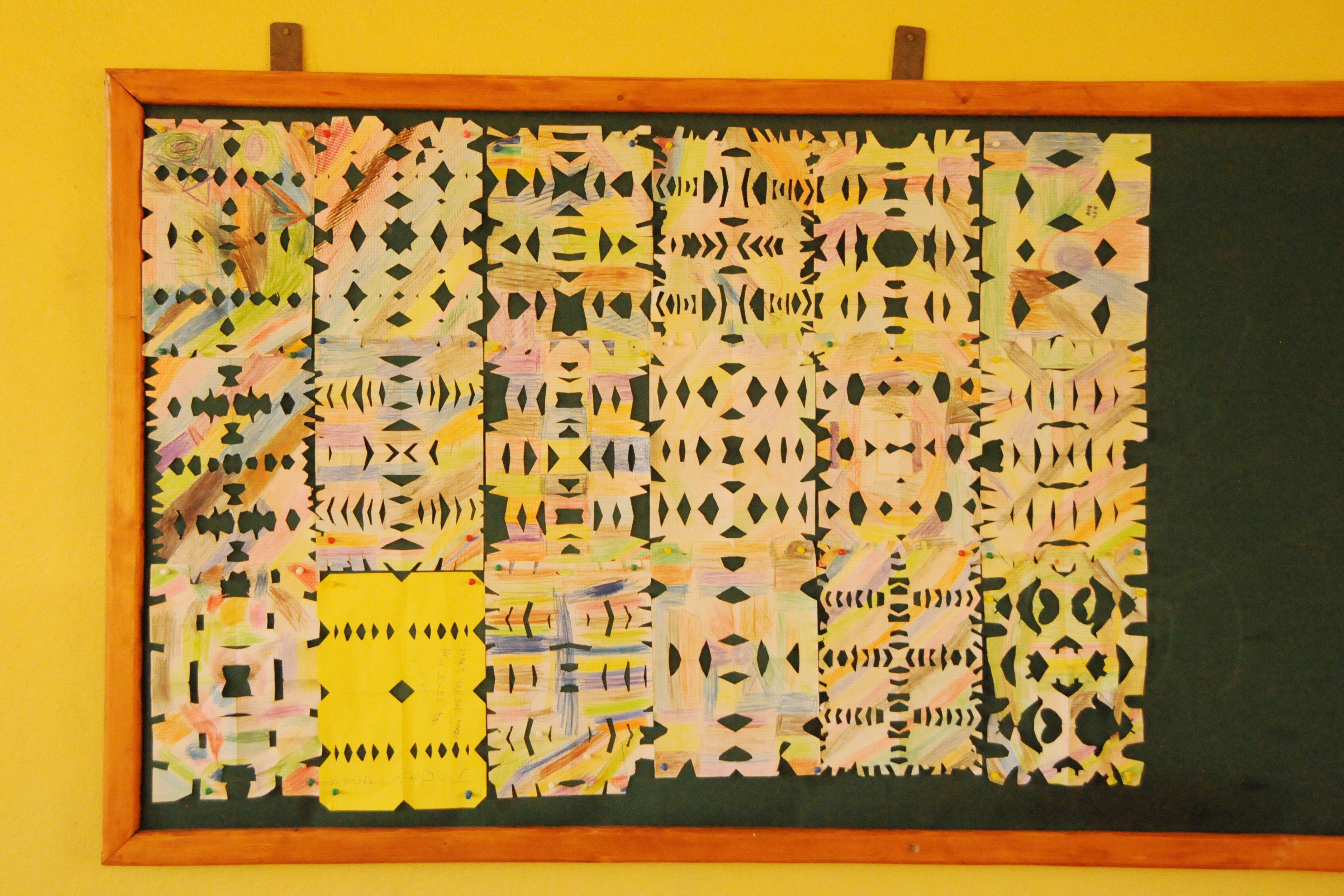
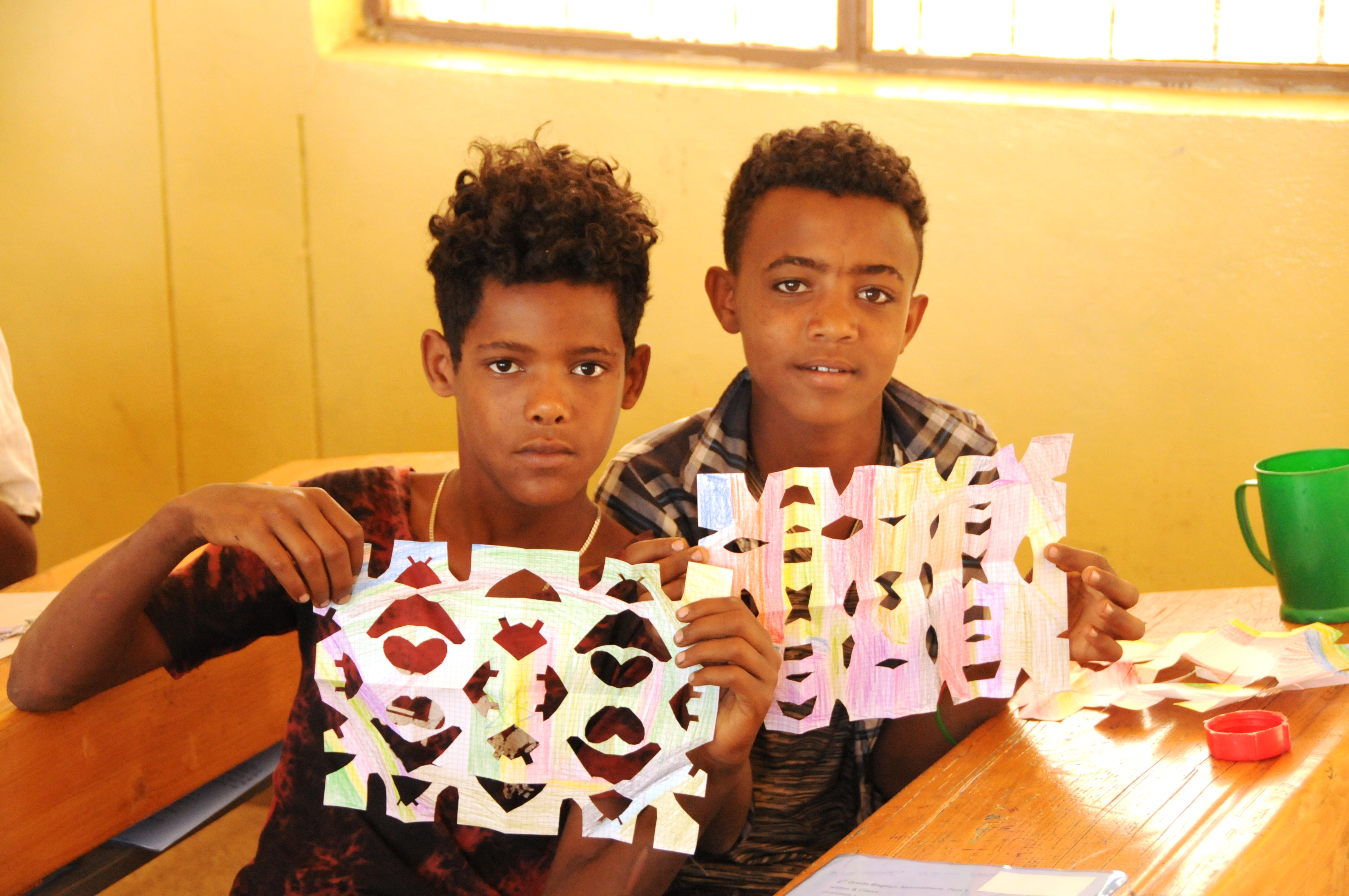
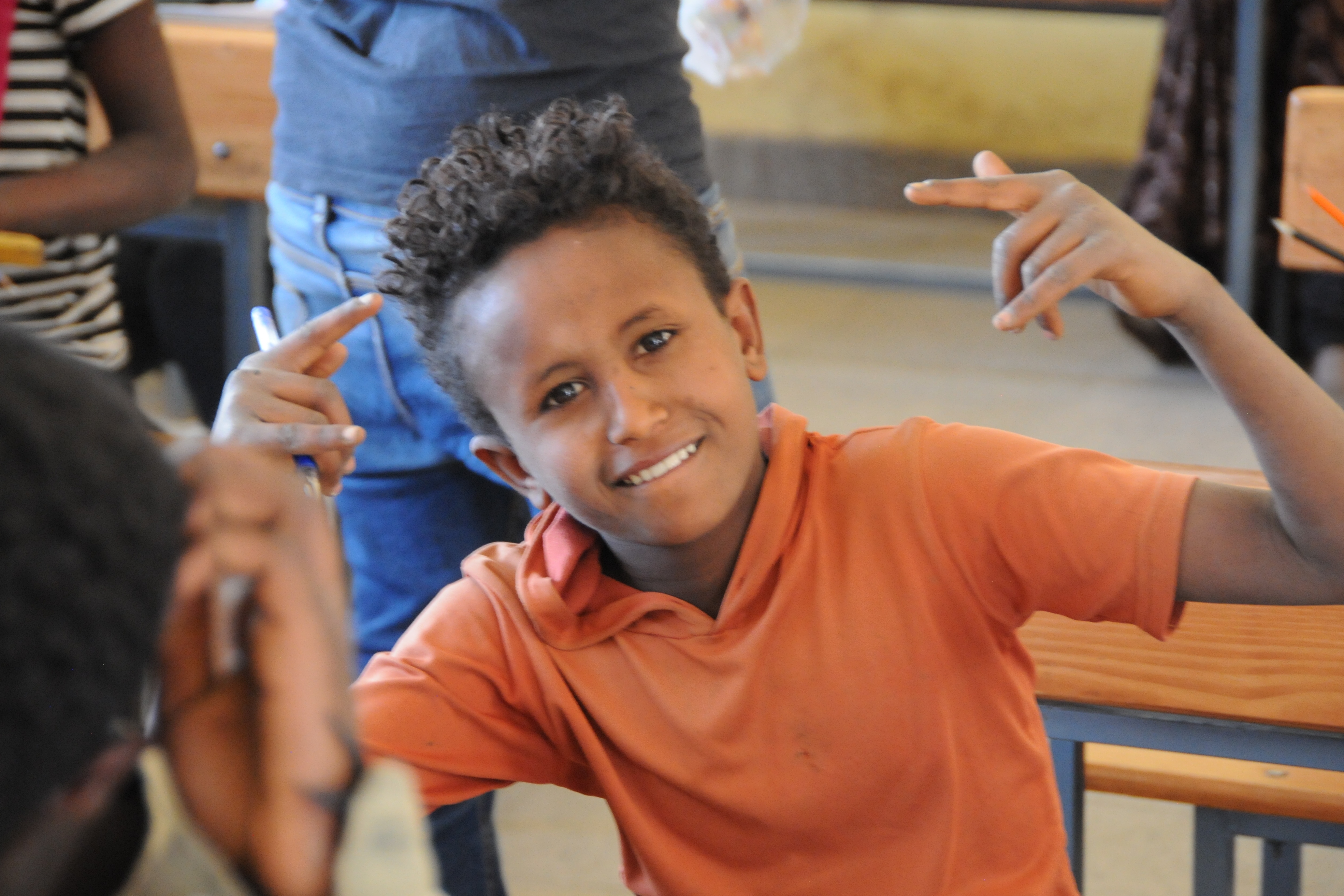
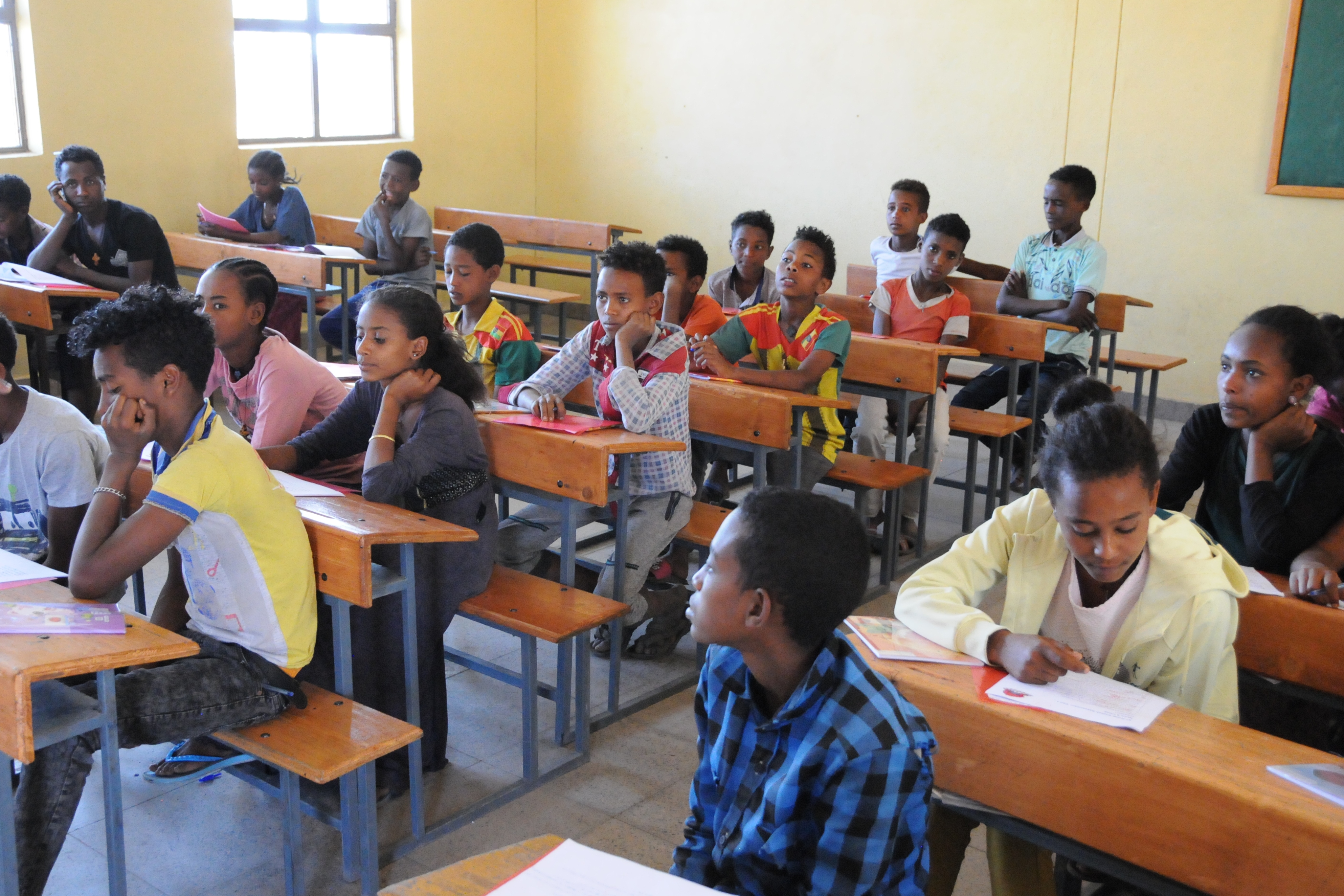
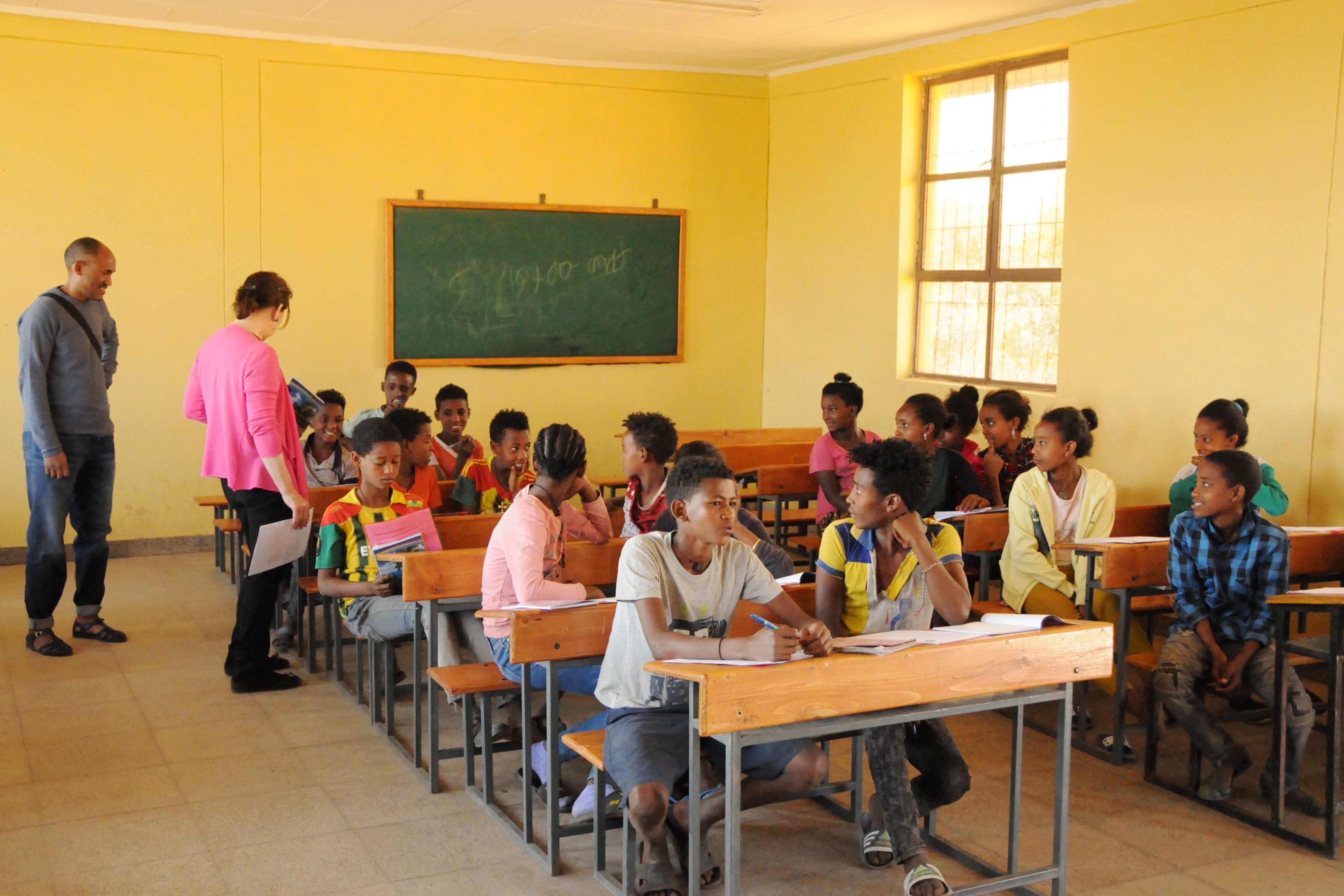
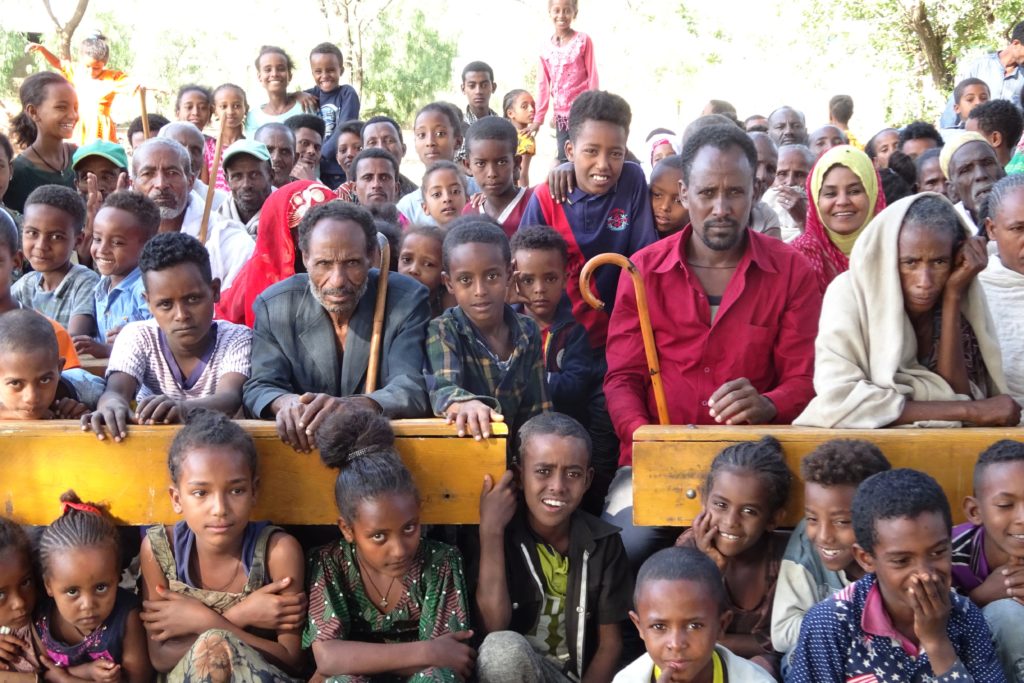
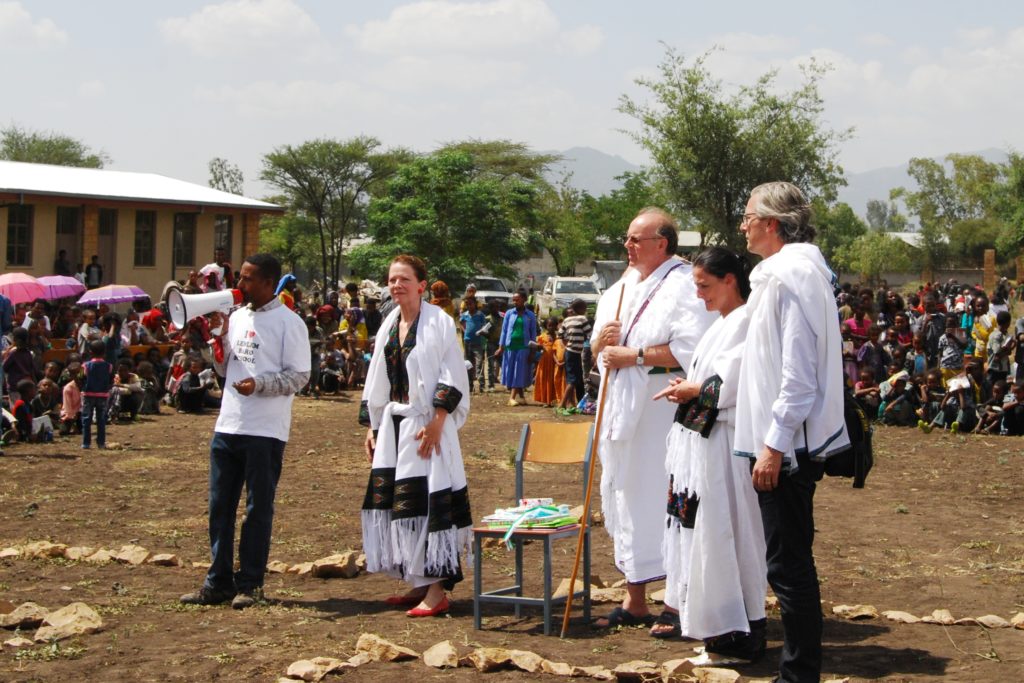
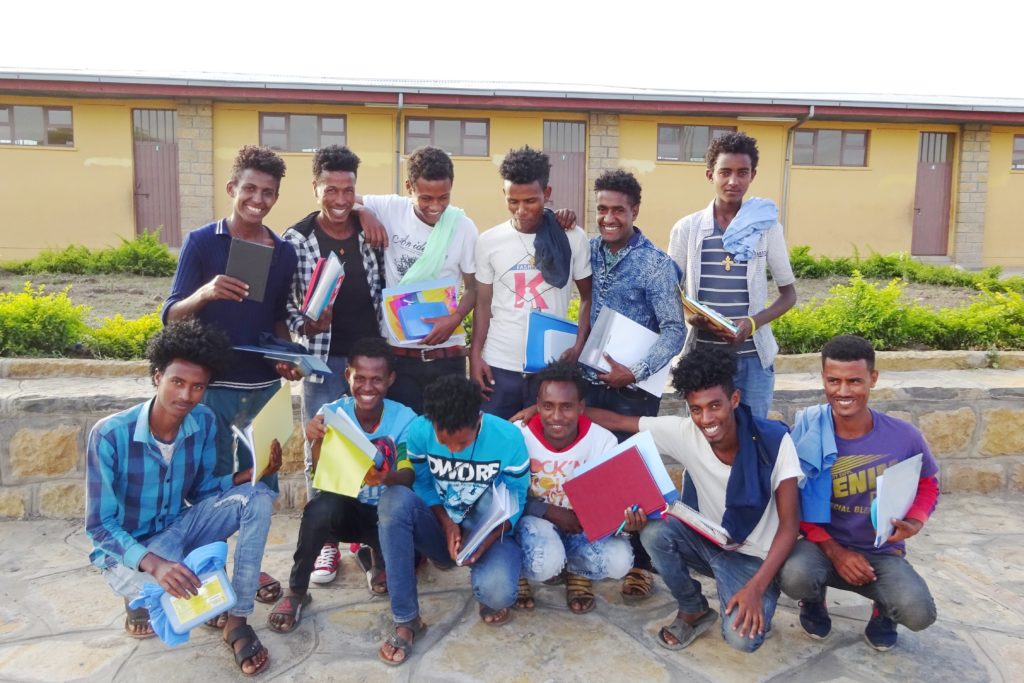
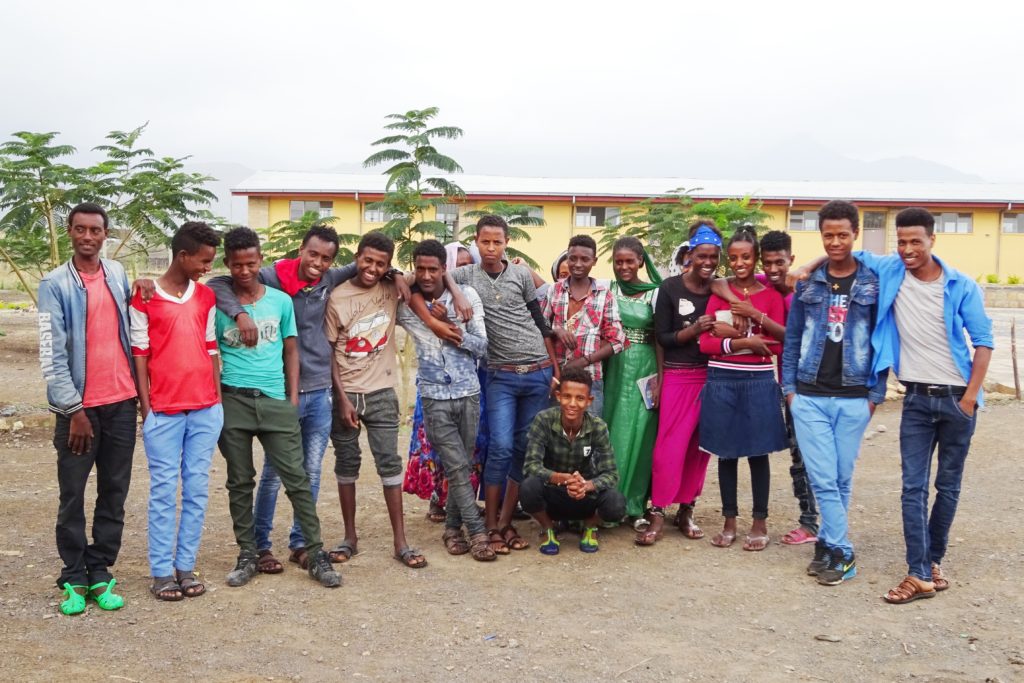
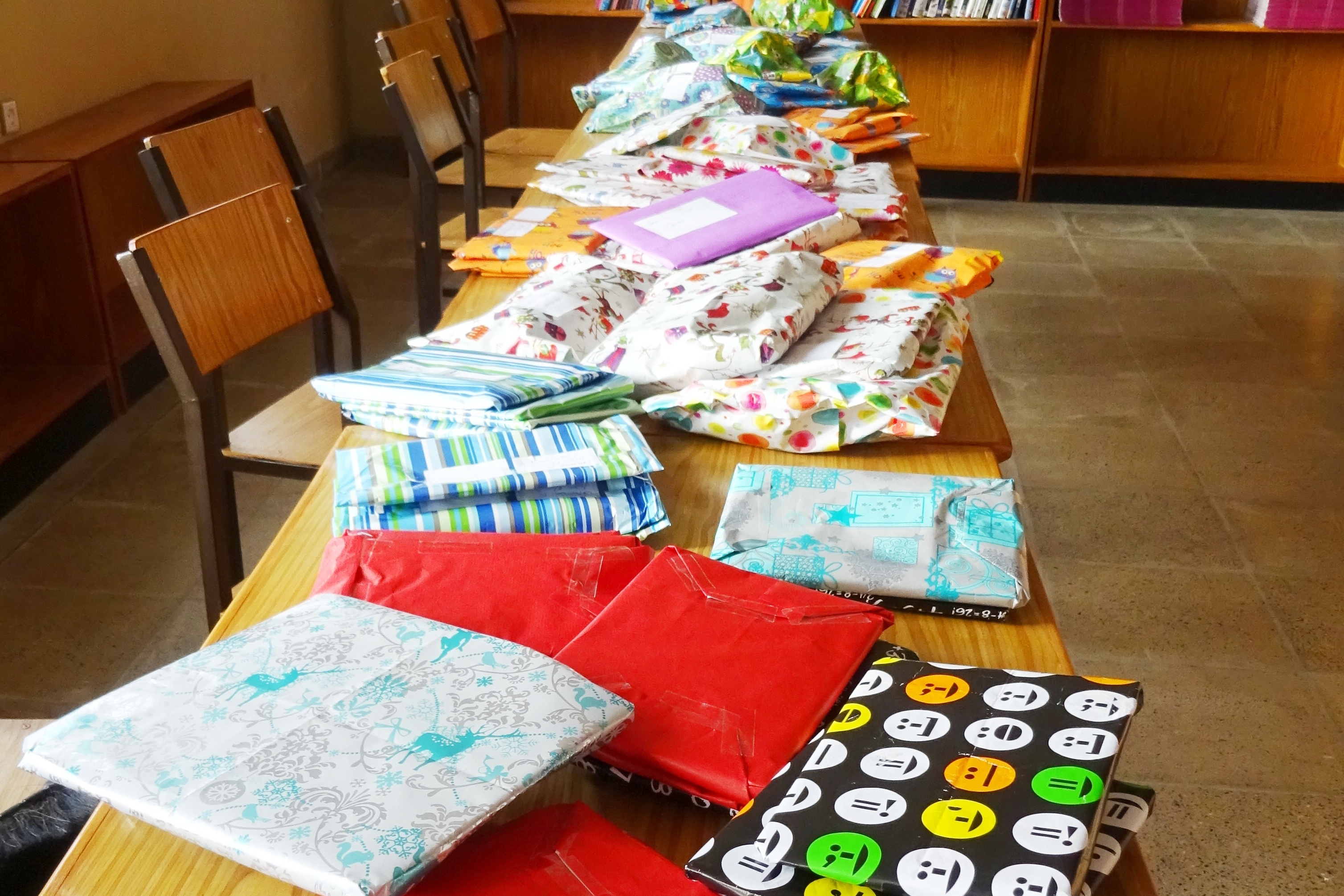
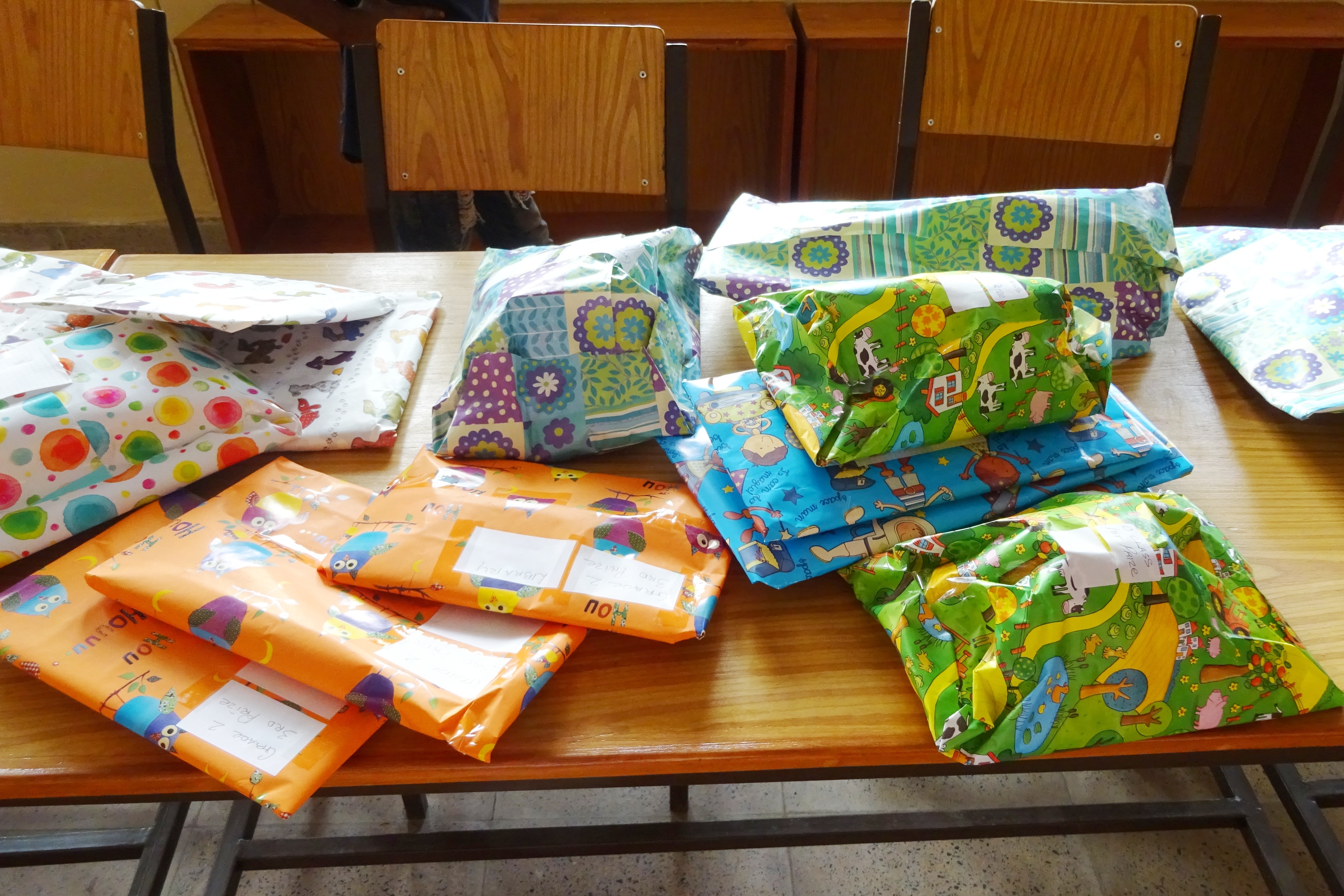
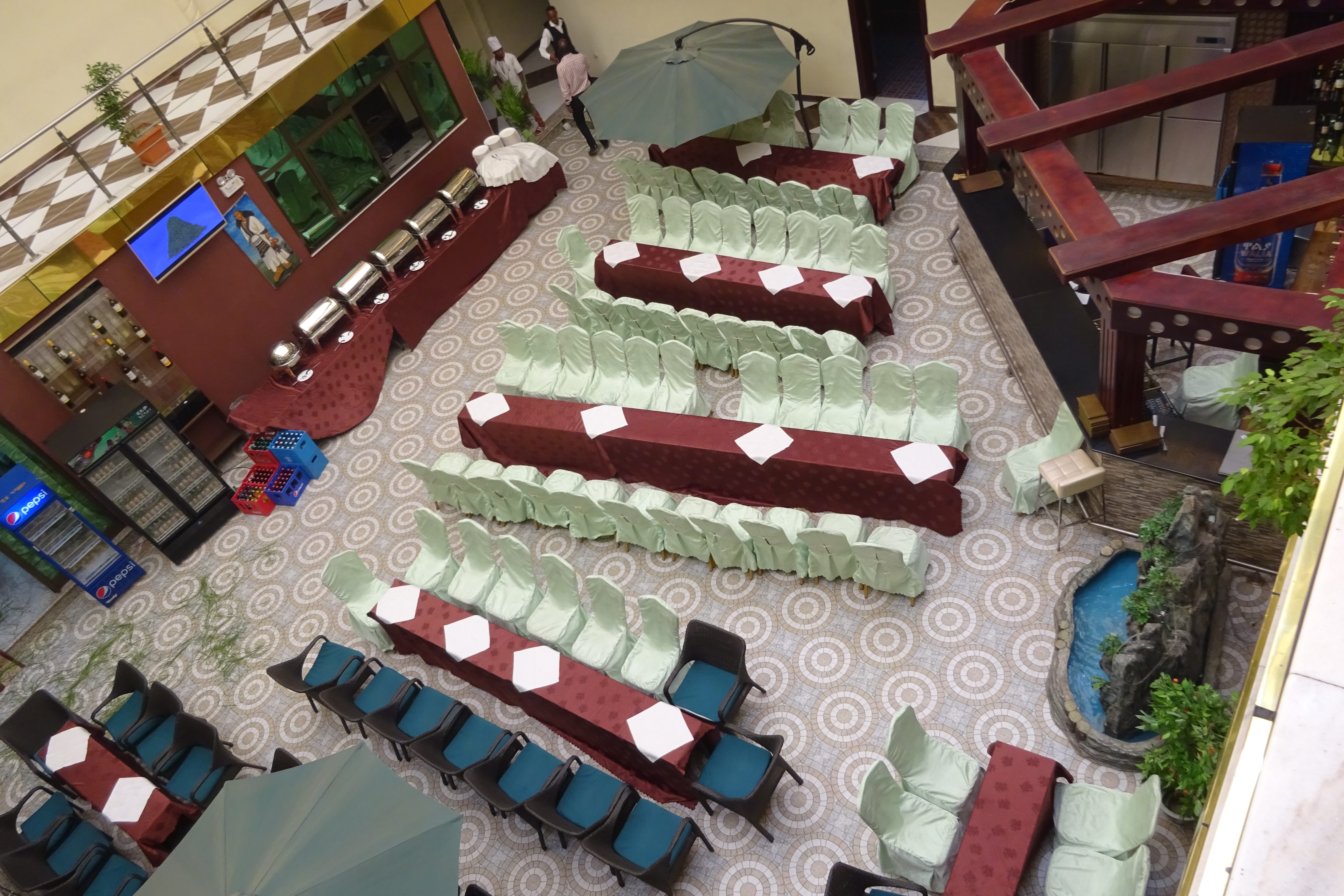
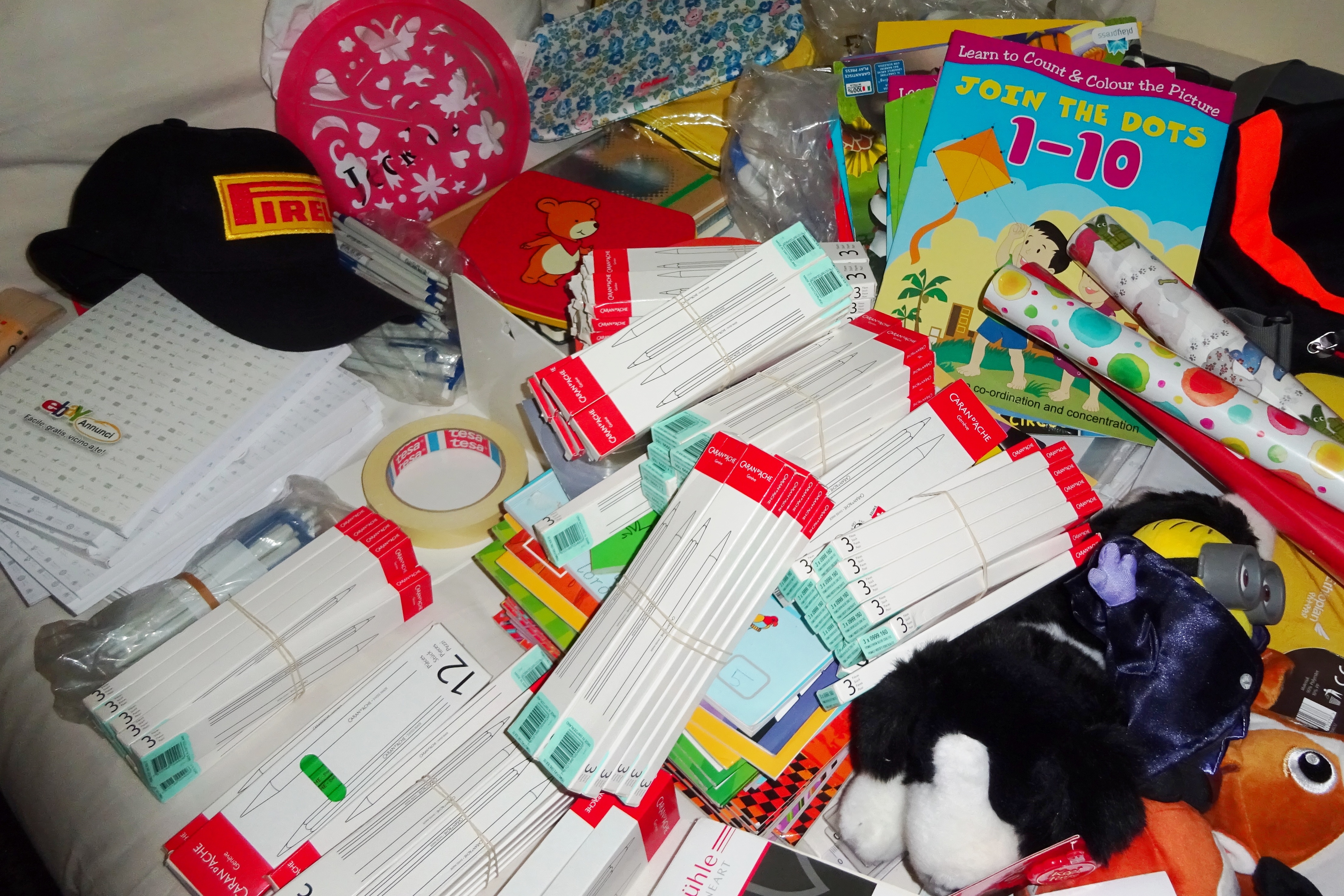


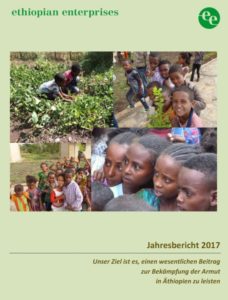 Thomas Baumann has recently completed the Annual Report on Ethiopian Enterprises’ activities in 2017. The richly illustrated report provides a detailed overview of all that EE achieved during the last year in Mehoni. Click
Thomas Baumann has recently completed the Annual Report on Ethiopian Enterprises’ activities in 2017. The richly illustrated report provides a detailed overview of all that EE achieved during the last year in Mehoni. Click 